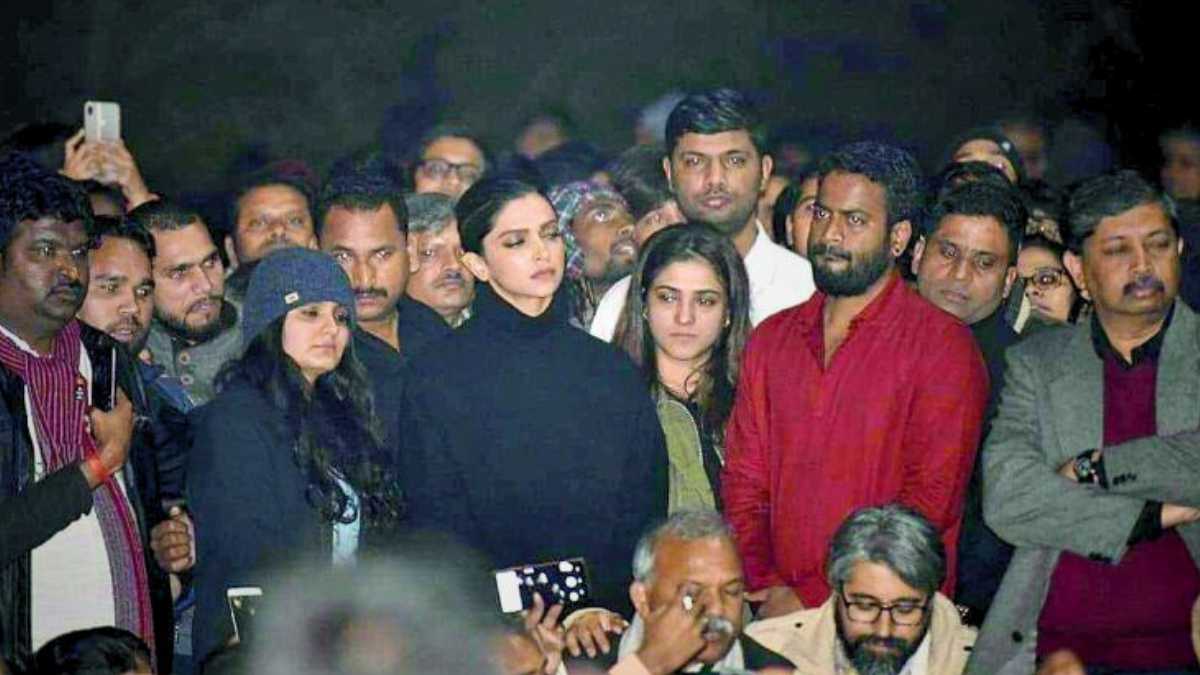
The hidden strength of staying quiet when it matters
In an environment where headlines compete for attention and every statement can be dissected, sometimes the smartest move is not to speak at all. Media silence is a strategy used by influential figures, corporations and even governments to protect leverage, maintain dignity and, often, to win more than they could through public debate.
The logic is simple but powerful. When you withhold your voice at the right moment, you shift the balance of control. The absence of your perspective can make the opposition lose momentum, keep speculation from becoming concrete, and prevent your own words from becoming ammunition against you. This tactic is not about hiding. It is about understanding that timing and restraint can create more impact than a rushed comment.
History and business alike offer proof. Many high-profile corporate leaders have chosen silence during sensitive negotiations, not because they lacked answers but because they understood that saying less preserved bargaining power. In high-stakes scenarios, silence can keep adversaries uncertain, competitors guessing and journalists chasing leads without a definitive position to pin down. The effect is amplified when the person keeping quiet is known to be influential or assertive, because the absence of a statement creates a vacuum that others feel compelled to fill.
Psychologists point out that people often perceive confident silence as a sign of control. In press situations, those who speak sparingly can be viewed as more authoritative, more disciplined and more self-assured. This perception can influence how allies, competitors and the public assess their strength. The tactic also shields against the trap of reactive communication, where rushed remarks can later require costly clarifications.
In entertainment, there have been instances where actors and filmmakers have chosen not to respond to controversies surrounding their work. Whether a film like ‘Kabir Singh’ or ‘Padmaavat’ faced public scrutiny, the decision by certain stakeholders to avoid knee-jerk commentary allowed the narrative to shift naturally over time. This approach often reduces the oxygen feeding the controversy, making it harder for critics to sustain their momentum.
Deepika Padukone’s silence after her visit to Jawaharlal Nehru University in 2020 also stands out. While it cannot be said with certainty whether her silence was a calculated PR move or simply a choice to stay away from further confrontation, the lack of follow-up statements kept speculation alive and prevented her from being drawn into prolonged debates.
Media silence can also be an exercise in personal discipline. It demands self-control to resist correcting every misconception or responding to every provocation. Those who master it often project an image of composure and long-term thinking. In many cases, this ability to remain strategically quiet under pressure impresses observers far more than any passionate defence could. Power is often felt, not explained, and silence can be one of its most convincing demonstrations.
However, silence is most effective when it is a choice, not a default. It must be backed by a clear strategy and a readiness to speak at the right time. The ultimate strength lies in deciding when to speak and when to let others speak themselves into irrelevance. As with any tool, overuse can dull its effect. The key is to recognise moments when every word you say will only serve someone else’s agenda and to choose not to play their game.
Key takeaways
- Silence can protect leverage and prevent words from being misused.
- Confident silence is often seen as a sign of control and authority.
- Timing is crucial. Choosing when to break silence determines the success of the strategy.
